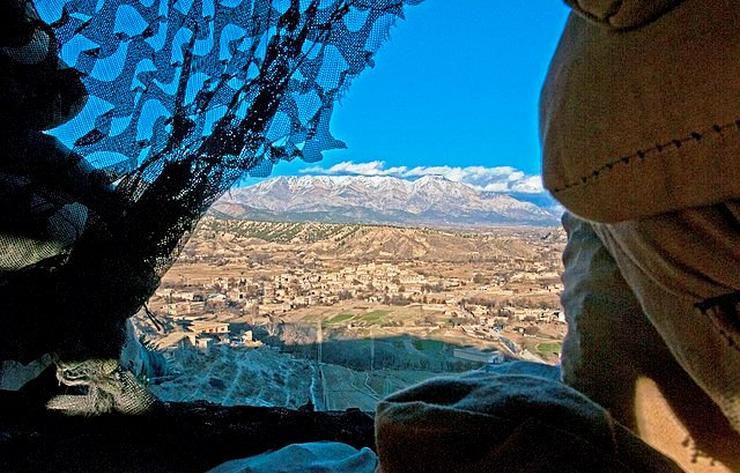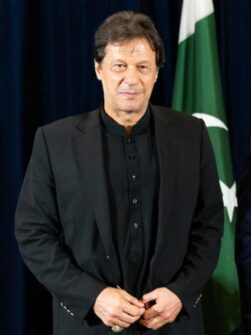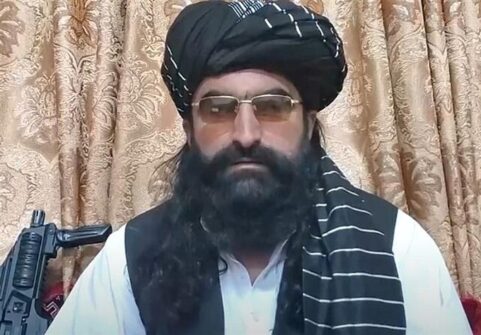The challenge of internal security.

Pakistan is experiencing a now prolonged period of political instability which began in April 2022 following a parliamentary motion of no confidence in the then Prime Minister Imran Khan, former cricket star and founder and President of Pakistan Tehreek-e-Insaf (Pti).
A key role in the development of this crisis was undoubtedly played both by the Islamist parties and movements that withdrew support from the government and by the army. After Khan’s removal, the mandate to form a new executive was given to Mian Muhammad Shehbaz Sharif, brother of former Prime Minister Nawaz Sharif, and President of the Pakistan Muslim League-N (Pml-N). On 12 August 2023, the parliament was set to expire due to the completion of the 5-year tenure. However, to gain more time for elections and other political gains, Sharif and the Pakistan Democratic Movement (PDM) alliance agreed to dissolve the parliament on 9 August 2023 which was approved by the President of Pakistan. Meanwhile, Anwaar-ul-Haq Kakar took oath of office as the 8th caretaker Prime Minister of Pakistan on 14th August 2023. The Election Commission of Pakistan (ECP) has announced a general election for January 2024, almost three months later than scheduled.

Anwaar-ul-Haq Kakar, the 8th caretaker Prime Minister of Pakistan. Pk.gov.
Last August 2023, Imran Khan was also sentenced to three years in prison for corruption, on charges of abusing his premiership, due to the illegal purchase and sale of state gifts, received during visits abroad, for a value of over 140 million Pakistani rupees, equal to 500,000 dollars. The accusation, which almost sent him to prison, was changed to preventive bail and a postponement of the trial under the anti-terrorism law. A similar fate also befell the major leaders of his party, who ended up in prison on various charges.
Despite these vicissitudes, Khan still enjoys broad popular support, as demonstrated by the results obtained in the local elections and the large demonstrations, he organized with the aim of using the streets as a lever to bring down the government and send the country to the polls.
During his government mandate, Imran Khan stood out in the foreign policy for his friendly relations with China and the Russian Federation, while in domestic politics for having remodelled the internal balance of the armed forces and intelligence through the appointment of trusted generals of his. It should, however, be noted that it was precisely the military elites who established Khan and his party, as early as 2011, as the third political force with the aim of countering the two traditional sides of the Pakistan Muslim League (PML-N) and Pakistan People’s Party (PPP), now abundantly stratified in the country. However, after the first year of Khan’s government, they assumed a different posture which turned into open conflict after April 2022. Khan, in fact, having proven himself to be difficult to control, today constitutes an element of challenge for the military as well as a fearsome competitor since his electoral support base is mostly made up of the urban middle classes, traditionally pro-military, but also of retired officers and some of the young army officers.

Imran Ahmad Khan Niazi, former prime minister. He was sentenced to three years in prison for corruption. (Photo: Shealah Craighead)
Over the course of these years, the situation in the country has been extremely complicated by floods, economic crises, and the risk of a new explosion with India, due to the Kashmir issue, with which a new ceasefire agreement was signed in 2021. However, one of the greatest challenges to internal security is continually posed by terrorist organizations and in particular the Tehrek-e-Taleban Pakistan (TTP). This is the Pakistani Taliban group, formed in 2007 as an organization affiliated with but separate from the Afghan Taliban, in protest against the aid that the Pakistani government was giving to US military operations in the region. During his government, Khan had revealed some glimmer of negotiations which were immediately closed after his exit from the scene also due to the problem of the difficult relations existing with Kabul, whose Executive is not officially recognized by Islamabad.It should, however, be noted that relations between Islamabad and the Taliban over the years have always been ambiguous and controversial. The Pakistani army, in fact, continued to provide assistance to the Taliban unofficially during the twenty-year period 2001 – 2021. The objective was essentially twofold and aimed at maintaining good relations with the major players in the field, to avoid antipathies that could in the future turn into possible agreements between India and Afghanistan, as well as keeping the Pakistani Taliban at bay.

Mufti Noor Wali Mehsud leader of Pakistani Taliban. Photo: CC BY-SA 4.0/ Tasnim News Agency
However, the Taliban’s return to power has not caused the desired effects as the influence of the latter on the TTP is proving to be modest as demonstrated by the more than two hundred attacks suffered by Pakistan. In addition to the TTP, the other major group that threatens the country is the Islamic State of Khorasan (ISKP), which in the space of a few years has become a leading player on the Afghan scene. According to analysts, this group was instrumental in carrying out the ‘dirty’ jobs, with the support of the Pakistani services, which the Taliban could not and did not want to claim as their own since they were sitting at the negotiating table in Doha at the time.
These elements, which render flexible the complexity of the internal scenario, lead to the hypothesis that these upheavals, of which the attacks are the cruellest expression, are functional in redefining the balance between the various factions operating on terrain, a crossroads of various interests, crowded with various actors and on which the greatest international tensions are released.(Open Photo:Spc.Ken Scar)
Filippo Romeo



